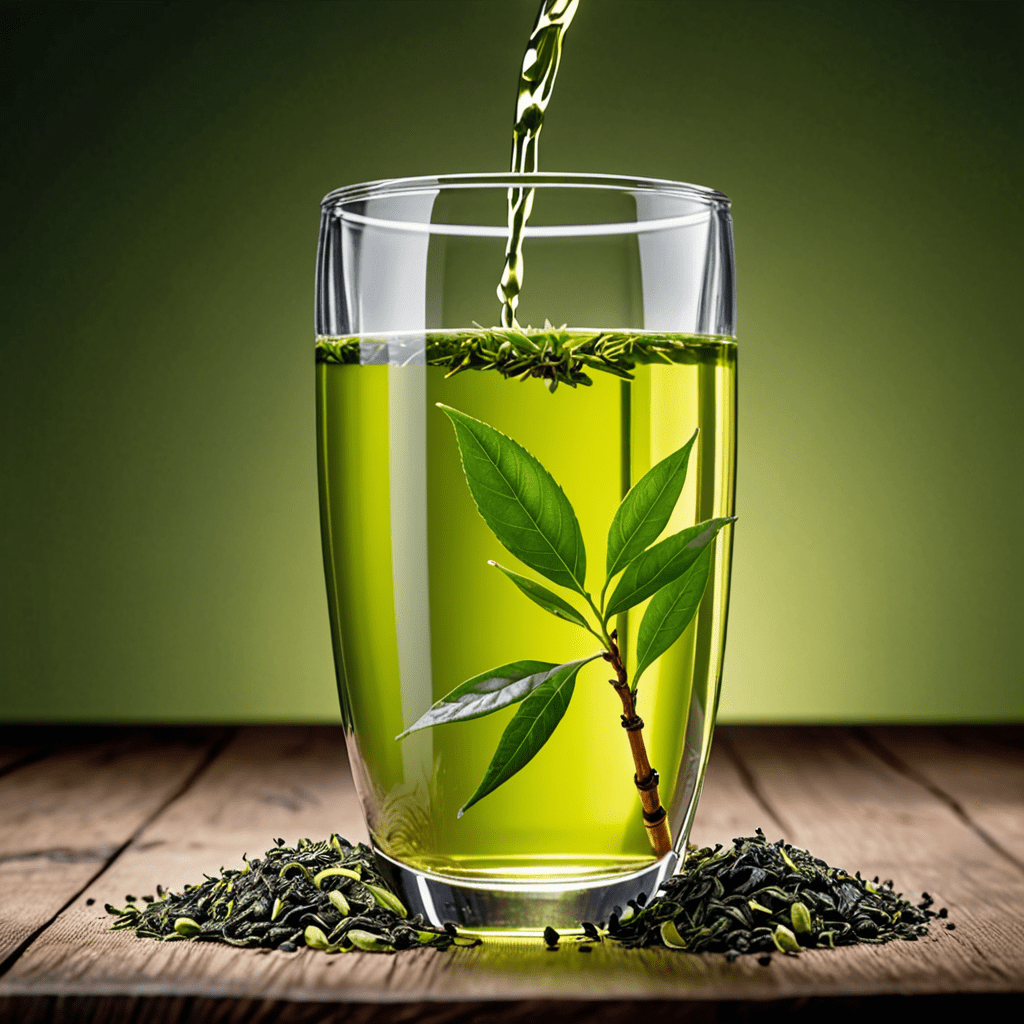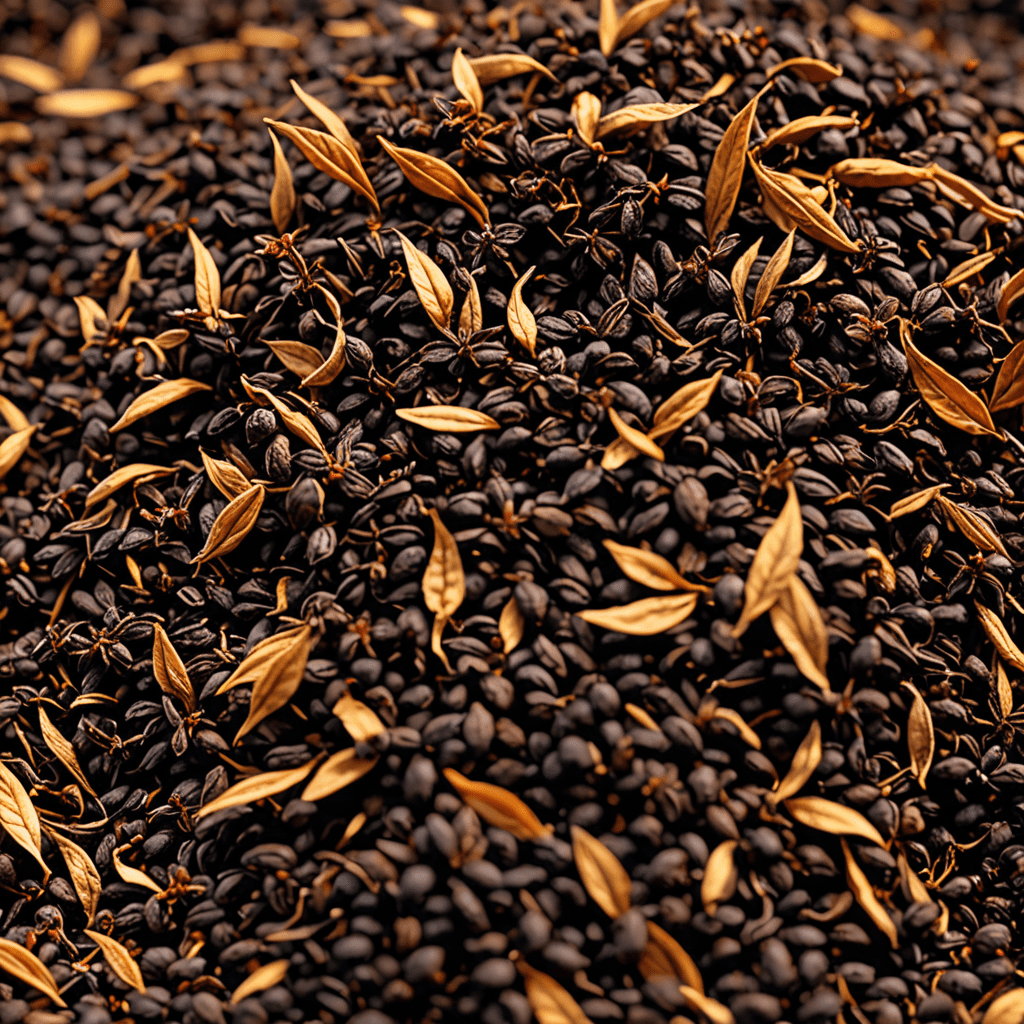
Is Green Tea High in Oxalates?
Green tea is a popular beverage known for its various health benefits and unique flavor. However, for individuals with certain health conditions, the oxalate content in green tea may be a cause for concern. In this article, we’ll explore the oxalate content of green tea and its potential impact on health.
Understanding Oxalates
Oxalates are naturally occurring compounds found in many plant-based foods and beverages. They can form crystals and have the potential to contribute to the formation of kidney stones in some individuals. While the body can typically process and eliminate oxalates through the kidneys, for those sensitive to oxalates, high levels in the diet may pose a risk.
Oxalate Levels in Green Tea
Green tea, like many plant-derived products, contains oxalates. However, the levels can vary depending on factors such as the specific type of green tea and how it is prepared. Generally, steeping green tea for a shorter duration may result in lower oxalate levels compared to longer steeping times.
Health Implications
For individuals prone to kidney stones or those following a low-oxalate diet due to specific medical conditions, the oxalate content in green tea may be a consideration. It’s crucial for individuals with such concerns to consult with a healthcare professional to determine whether green tea consumption aligns with their dietary needs.
Managing Oxalate Intake
If you are concerned about oxalate levels in green tea, there are strategies to help minimize intake. These include opting for lower oxalate green tea varieties, adjusting steeping times, and balancing the consumption of high-oxalate foods and beverages in your diet.
Final Thoughts
While green tea offers numerous health benefits and is a beloved beverage for many, it’s essential to be mindful of its oxalate content, particularly for individuals with specific health concerns related to oxalates. Consulting with a healthcare provider can provide personalized guidance on incorporating green tea into a balanced diet.
FAQ
1. Can drinking green tea lead to kidney stones?
While green tea contains oxalates, which have the potential to contribute to the formation of kidney stones, the risk varies among individuals. People prone to kidney stones may need to limit their intake of high-oxalate foods and beverages, including green tea. However, for individuals with no history of kidney stones, consuming green tea in moderation is unlikely to pose a significant risk.
2. Are there specific types of green tea with lower oxalate levels?
Some studies suggest that powdered green teas, such as matcha, may have higher oxalate levels compared to traditional loose-leaf green teas. Opting for loose-leaf green teas and adjusting steeping times may help mitigate oxalate intake. Nevertheless, individual responses to oxalates can vary, so it’s important to consider personal tolerance levels.


